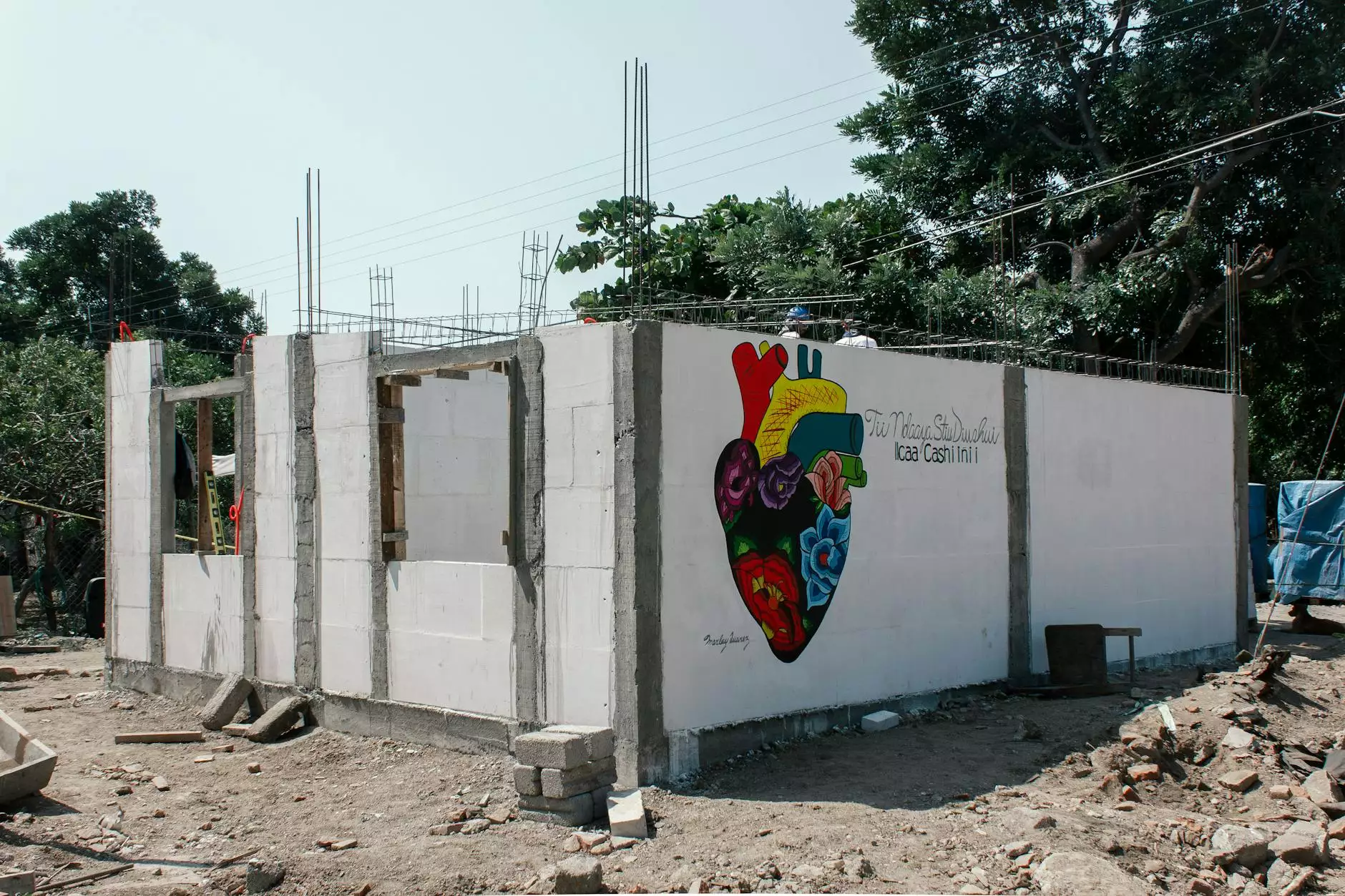Understanding Divorce in Cyprus: A Comprehensive Guide

Divorce can be a challenging and emotionally charged process. In Cyprus, the legal framework governing divorce cases is designed to support individuals seeking to end their marriages while ensuring fairness and compliance with the law. This article provides a thorough examination of divorce in Cyprus, including the legal procedures, the key considerations, and how to navigate this journey with the help of skilled legal professionals such as those at Hadjivangeli Legal Services.
The Legal Framework Governing Divorce in Cyprus
In Cyprus, divorce is primarily governed by the Divorce Law of 1996. This law outlines the legal grounds for divorce, the required procedures, and the rights and obligations of the parties involved. Understanding these legal frameworks is essential for anyone considering or undergoing a divorce in Cyprus.
Grounds for Divorce in Cyprus
The law recognizes several grounds for divorce, which can be broadly categorized into two types: fault-based grounds and no-fault grounds.
1. Fault-Based Grounds
This category includes specific behaviors that demonstrate the failure of the marriage. Common grounds include:
- Adultery: Engaging in a sexual relationship with someone other than your spouse.
- Desertion: Abandoning the spouse without just cause for a prolonged period.
- Extreme cruelty: Any form of physical or emotional harm inflicted upon the spouse.
2. No-Fault Grounds
No-fault divorces are becoming increasingly common as they allow couples to separate without needing to lay blame. In Cyprus, the two primary no-fault grounds are:
- Living apart for a consecutive period of two years: A couple can file for divorce if they have lived separately for this duration.
- Irretrievable breakdown of the marriage: This is a broad ground that essentially states the marriage cannot be salvaged.
The Divorce Process in Cyprus
Understanding the steps involved in the divorce process in Cyprus is crucial for those seeking to navigate this journey effectively. Here’s a detailed breakdown of the stages involved:
1. Filing the Petition
The divorce process begins with filing a petition at the Family Court. The petition must include specific details such as:
- Personal information about both spouses.
- The grounds for divorce being cited.
- Any claims regarding child custody, alimony, and division of property.
2. Serving the Petition
Once the petition is filed, it must be served to the other spouse. This ensures that both parties are aware of the divorce proceedings. The court typically requires proof of service.
3. Response from the Respondent
The respondent has the opportunity to file a response to the petition within a specific timeframe. This response might contest the grounds for divorce or present counterclaims related to custody and assets.
4. Court Hearings
The Family Court will schedule hearings to address the issues at hand. During these hearings, both parties can present evidence, call witnesses, and make their cases.
5. Decree Nisi and Decree Absolute
If the court is satisfied with the evidence presented, it may issue a Decree Nisi, indicating that the court sees no reason why the divorce should not be granted. Following a waiting period, the court may issue a Decree Absolute, finalizing the divorce.
Child Custody and Support in Cyprus
One of the most emotionally charged issues in any divorce is child custody. In Cyprus, the courts prioritize the best interests of the child when making custody decisions. Parents can opt for either joint custody or sole custody, and the arrangement should reflect the child's best interests.
Types of Custody Arrangements
- Joint Custody: Both parents share custody responsibilities, allowing for an involved parenting role even after separation.
- Sole Custody: One parent is granted full custody, while the other parent typically retains visitation rights.
Child Support Obligations
Child support is another critical component addressed during divorce proceedings. In Cyprus, both parents are financially responsible for their children, and the court may mandate one parent to pay child support based on factors such as:
- The child's needs.
- The income and financial resources of both parents.
- The custody arrangement established by the court.
Division of Assets in Divorce Cases
The division of assets during a divorce can be complex, particularly in cases involving significant property or business interests. Cypriot law follows the principles of community property and considers various factors when dividing assets, such as:
- Length of the marriage: Longer marriages may result in a more equitable division of property.
- Contributions of both spouses: Financial and non-financial contributions are both taken into account.
- Future needs: The future financial needs of each spouse may also influence asset division.
Role of Legal Professionals in Divorce Cases
Engaging the services of a qualified legal professional is highly recommended when navigating the complexities of divorce in Cyprus. Lawyers specializing in family law provide invaluable support, including:
- Expert advice: Lawyers can help interpret legal jargon and provide guidance based on the latest laws and regulations.
- Negotiation skills: They can negotiate settlements that are fair and equitable, reducing conflict between parties.
- Court representation: Their presence in court can significantly impact the outcome of custody and asset division disputes.
- Emotional support: While they are not counselors, legal professionals can provide a degree of emotional reassurance by guiding clients through the legal complexities.
Choosing the Right Lawyer for Your Divorce
Finding the right lawyer can make a significant difference in your divorce experience. Key factors to consider include:
1. Experience and Specialization
Look for a lawyer with extensive experience specifically in family law and divorce cases in Cyprus. Their expertise will be crucial in navigating the legal landscape.
2. Reputation and Reviews
Consider lawyers with positive client reviews and a firm reputation in the legal community. Hadjivangeli Legal Services, for instance, is known for its dedication to client success and satisfaction.
3. Communication Skills
Your lawyer should communicate clearly and effectively, keeping you informed about every step in the process. Trust and transparency are essential.
4. Fees and Billing Structure
Discuss the fee structure upfront to avoid surprises later. Understanding the costs involved can help you budget accordingly.
Conclusion
Going through a divorce in Cyprus can be overwhelming, but understanding the legal framework and processes involved can help alleviate some of the stress. With the guidance of professional legal services like Hadjivangeli Legal Services, individuals can navigate the divorce process will confidence and clarity. Taking the right steps and making informed decisions can lead to a more favorable outcome while allowing individuals to move forward positively in their lives.
Whether you're considering divorce, actively going through it, or even just seeking information for a friend, remember that you’re not alone. Legal professionals are available to help you through every aspect of the process. Reach out to learn more about how to manage your divorce effectively in Cyprus.
divorce cyprus








